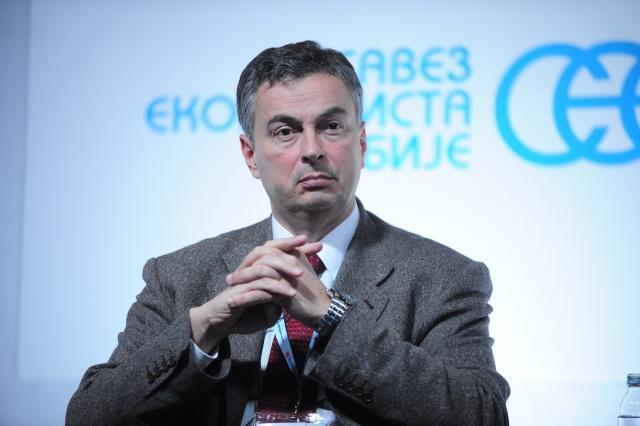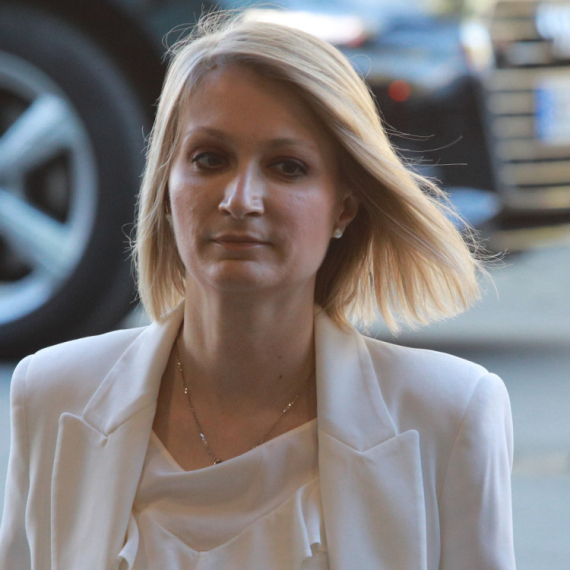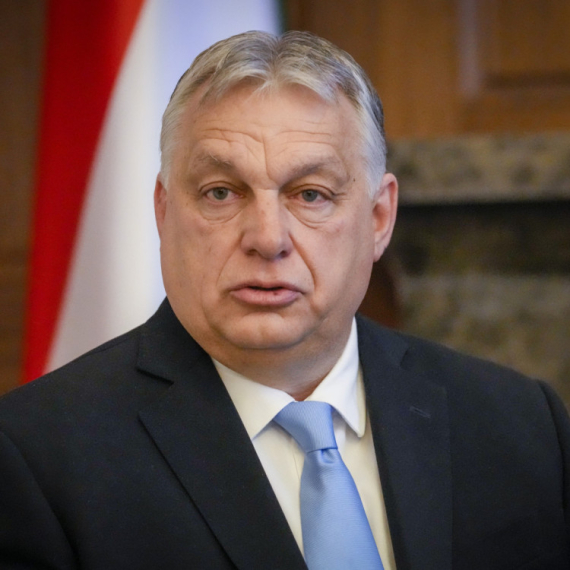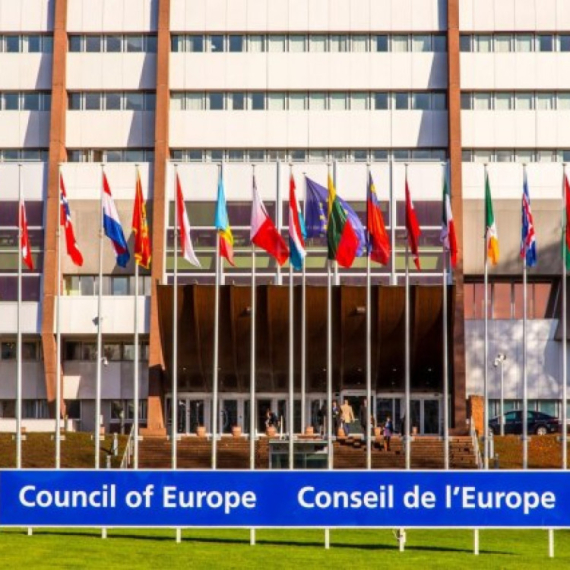"Domestic currency should not have strengthened this much"
Economics professor Dejan Soskic says the main reason behind the strong Serbian dinar (RSD) is the country's restrictive monetary policy.
Friday, 22.09.2017.
13:51

"Domestic currency should not have strengthened this much"
The former Serbian central bank (NBS) governor added that now, however, "it is visible that such a policy has its price that has led to the strengthening of the dinar.""And what's very important, we must say, a more restrictive monetary policy results not only in the strengthening of the dinar, but also in lower economic activity in the country", Soskic warned.
The strengthening of the domestic currency reduces competitiveness of domestic products and services on the international and domestic market. This situation goes in favor of all importers and all debtors in euros, who have income in dinars, as well as speculators who earn on the exchange rate.
The strengthening of the dinar, claims Soskic, has discouraged the inflow of investments and the strengthening of exports.
"The essence of the Serbian problem and solutions is a competitive economy and exports, and this is certainly not contributed to by the strengthening of the domestic currency, which is not based on a large export potential or a success in international exchange, but exclusively on a restrictive policy and inflow of speculative (short-term) capital," he said.
Soskic thinks that this should not have happened, especially when inflation in Serbia is higher than in the Eurozone.
He claims that Serbia must reach agreement on what kind of monetary policy it will lead, otherwise this situation, which does not suit to the domestic economy, could last.
"We claim that we are aiming at the inflation, but in fact, we are aiming at the exchange rate the whole time," claims Soskic.


























































Komentari 0